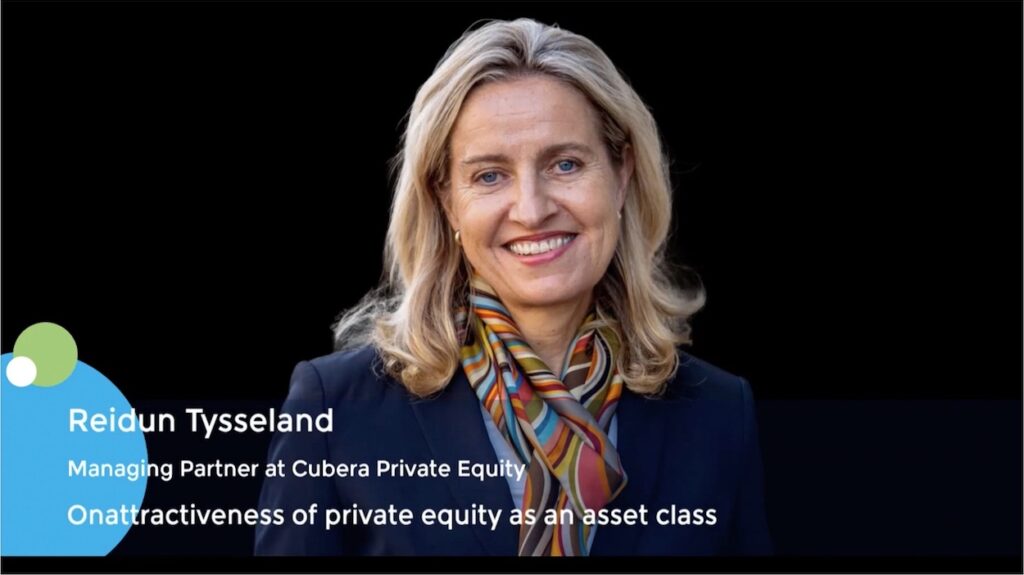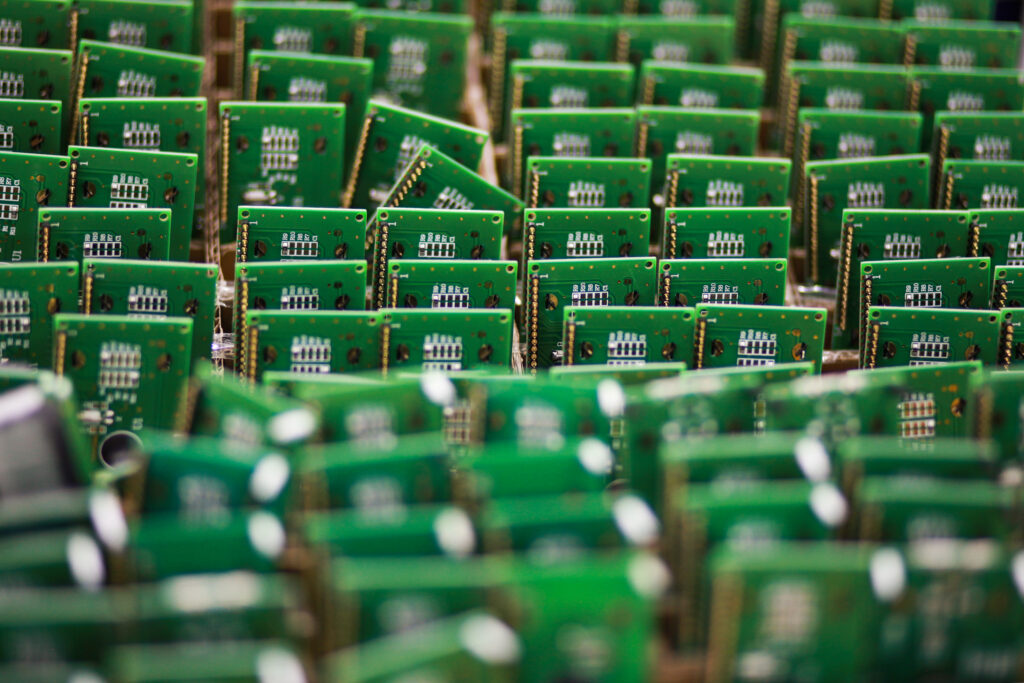Dealspeak APAC- Out of this world: South Korea finally set to chase space race
South Korean government plans to establish in May the Korea Aerospace Administration (KASA), a Korean version of the US National Aeronautics and Space Administration (NASA), are raising hopes of investment and M&A activity taking off in the sector. Korea aims to “significantly” boost state investment in the aerospace industry, fostering more than 2,000 companies in the process, according to the Ministry of Science and ICT (MSIT).
Notwithstanding simmering geopolitical tensions with North Korea, South Korea has lagged behind neighboring countries when it comes to launching and operating satellites. Korea has launched only 29 satellites since 1992, but now plans to have more than 100 in operation by 2030, local media reported last year. This compares with satellites in operation by the US (5,185), China (628), and Russia (181) as of May 2023, out of 7,560 globally, per data from the Union of Concerned Scientists (UCS).
In 2022 and 2023, South Korea’s aerospace sector recorded four deals apiece, according to Mergermarket data. The largest of these transactions was the USD 54.8m sale in 2022 of debt-ridden aircraft parts manufacturer AeroSpace Technology of Korea [KOSDAQ:067390] to UAMCO, a South Korean investment firm focusing on distressed assets.
KASA hopes to capitalise on new space era and trends by developing space technology, but with private capital taking the lead, says an executive at a Korean venture capital (VC) firm that invests in the aerospace sector. The sector requires extensive R&D funding, but the days of government-led development are fading fast because of limited financial capacity.
Flights of fancy
Sector investment started to pick up in January when Korean aircraft and aerospace component manufacturer Kencoa Aerospace [KOSDAQ:274090] secured a KRW 130bn (USD 99m) boost from local VC group, IMM Investment. Kencoa, which has a market capitalization of KRW 157.4bn (USD 117.5m), also saw its largest shareholder sell his entire 27.75% stake to IMM for USD 36m, and the company is now preparing to enter the advanced air mobility business.
Other recent VC deals include UNASTELLA Corporation, a South Korean new-space startup focused on developing and providing a human space-flight platform. In late 2023, it raised USD 5m from a group of early-stage investors including Bass Investment, Hana Ventures, InterValue Partners, and Strong Ventures.
“Venture capitalists are starting to review different fields of the aerospace sector such as space launch vehicles and satellites more actively,” says Kim Kyung-chan, CEO of NVC Partners, a Korean VC and private equity (PE) firm. The country’s satellite market scene and size in a decade will be very different from now, opines Kim.
The aerospace industry has three main segments, according to the first VC executive: satellite projectiles, telecommunications, and data analysis.
Dealmaking prospects are bright in the first two segments, which are developing along with some Korean strategic players, he explains. While satellite data-based analytics, services, and application firms are emerging globally, the executive feels this segment is still at an embryonic stage in Korea.
To infinity and beyond?
The projectiles business incurs significant costs per launch, making collaboration and external investment hugely beneficial to operators. That said, stake sales and equity tie-ups with larger players could help to secure funds and sustain operations, the VC executives said.
Those conglomerates that own telecoms units, such as LG, SK, and KT, are also likely to target satellite telecommunications businesses, adds the first executive.
Other possible investors include major Korean aerospace and defense tech firms such as Hanwha Aerospace [KRX:012450], Contec [KOSDAQ:451760], Innospace, a space launch vehicle startup, and Perigee Aerospace, a manufacturer of orbital and sub-orbital launch vehicles, which has accumulated funds of KRW 57bn (USD 42.6m), per local reports. Large players such as Hanwha are seen as potential acquirers in the sector given the company’s previously-stated interest in defense and space technology.
KAI’s star turn
The government’s focus on expanding South Korea’s aerospace involvement also brings Korea Aerospace Industries (KAI)[KRX:047810] into the spotlight and heightens the possibility of a sale. State-run Korea Eximbank is the largest shareholder in KAI, a leading airplane, spaceship, satellite parts, and technology developer, with a 26.41% stake. Eximbank is expected to exit its holding via a privatization sooner rather than later, and some media reports have suggested Hanwha as a potential buyer since it also acquired a shipbuilding company from the government last year.
KAI currently has a market valuation of USD 3.8bn. Performances have been improving, as demonstrated by sales of KRW 3.8trn (USD 2.8bn) and operating profits of KRW 247.5bn (USD 185m) in 2023, marking year-on-year rises of 37% and 74.8%, respectively.
South Korea aerospace M&A in 2023
| Announcement date | Target | Target business description | Acquiror | Deal value (USDm) |
|---|---|---|---|---|
| 06-Mar-23 | Aero Space Technology of Global Inc (13%) | Aircraft parts maker. | AeroSpace Technology of Korea Inc – ASTK | 9.75 |
| 03-Mar-23 | Aero Space Technology of Global Inc (13.76%) | Aircraft parts maker. | AeroSpace Technology of Korea Inc – ASTK | 9.29 |
| 21-Dec-23 | Earth & Aerospace Manufacturing Ind Co Ltd (27.61%) | Manufacturer of aircraft parts. | BS Bosung SEO2 SC Energy Solution Ray Rex Green Smart Farm |
7.69 |
| 15-Mar-23 | Tess Co Ltd (100%) | Aircraft engine components manufacturer. | TMJ Co Ltd | – |
Source: Mergermarket, data correct as at 13 February, 2024
South Korea aerospace VC/PE fundraising deals, 2022-24 YTD
| Announcement date | Target | Target business description | Acquiror | Deal value (USDm) |
|---|---|---|---|---|
| 19-Jan-2024 | Kencoa Aerospace Corp | Operates in material management, machining capabilities & performances in South Korea & US | IMM Investment Corp | 98.94 |
| 09-June-2022 | CONTEC | Offers space ground-station services and satellite image processing & application services, as well as whole-ground integration solution | Atinum Investment Co Ltd; Korea Development Bank; Korea Investment Partners Co Ltd; Partners Investment Co Ltd; Spring Ventures; STIC Ventures Inc; TONY Investment; Yuanta Investment Co Ltd | 47.95 |
| 10-Oct-2022 | PLANA | Sole startup developing VTOL aircraft powered by hybrid e-powertrain | DSC Investment Inc; FuturePlay Inc; Schmidt Inc; Shinhan Asset Management | 8.33 |
| 29-Jan-2023 | UNASTELLA | New-space startup focused on developing and providing human space-flight platform and service via own launch vehicles | Bass Investment; Hana Ventures Inc; InterValue Partners Co Ltd; Strong Ventures, LLC | 4.47 |
| 09-Aug-2023 | GTL | GTL is developing sustainable space infrastructure | Etri Holdings Inc; Lighthouse Combined Investment Co Ltd; Openwater Investment Co Ltd; Shinhan Capital Co Ltd; SJ Investment Partners Co Ltd | 2.30 |
| 09-Feb-2022 | UNASTELLA | New-space startup focused on developing and providing human space-flight platform and service via own launch vehicles | Bluepoint Partners | – |
| 16-Feb-2022 | GTL | GTL is developing sustainable space infrastructure | Lighthouse Combined Investment Co Ltd; Sunbo Angel Partners | – |
Source: AVCJ, data correct as at 31 January 2024
Recent Dealspeak APAC columns you may have missed…
Up, up and away: airport deals take off as investors steer course to emerging markets
Down but not out: Indian M&A deal volume offers hope after tough 2023
Avoiding the worst: South Korea M&A navigates macro challenges in 2023












